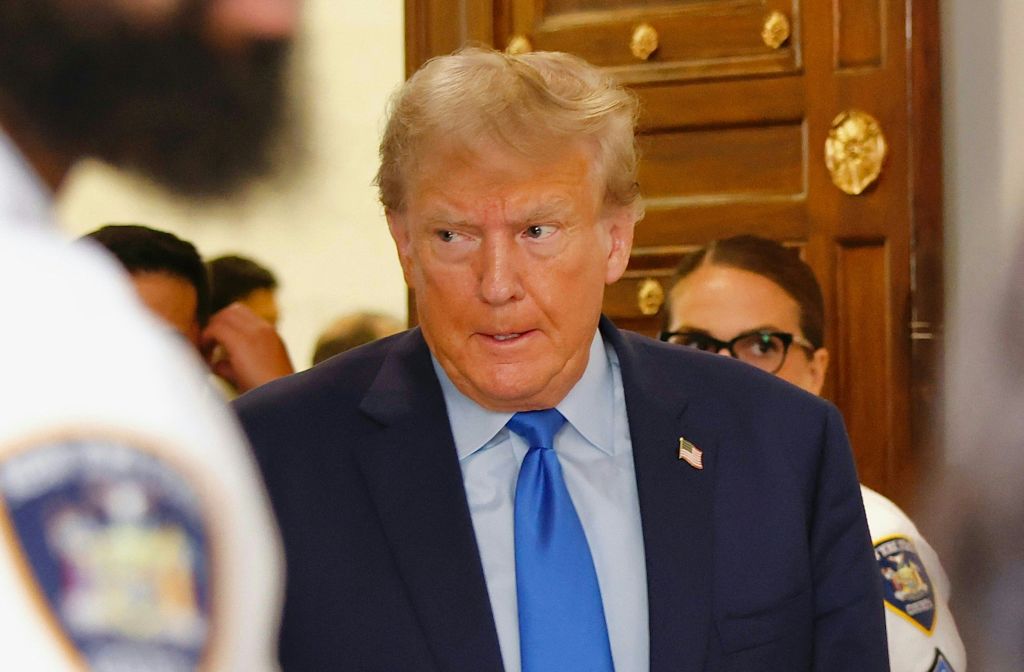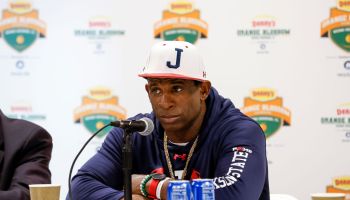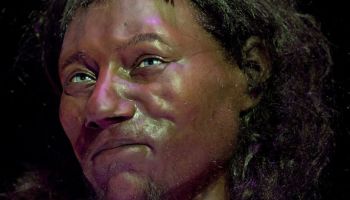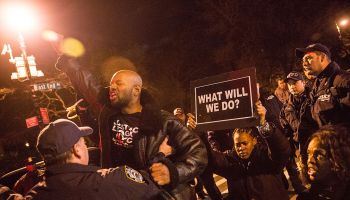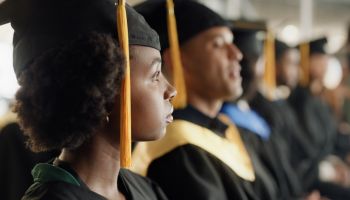The contributions and achievements of African-Americans in the field of education are diverse and wide-reaching. However, few of those responsible get the credit they truly deserve. Here, we acknowledge 10 of the pioneers and game-changers who worked to provide learning opportunities, improve curricula, and break down barriers for students of color across the country.
Molefi Kete Asante: Created the country’s first African-American studies Ph.D. program at Temple University in 1987. Asante is a pioneer in contemporary Afrocentric philosophy who has authored more than 75 books.
Marva Collins: Chicago public school teacher who in 1975 started a school in her home. Through Collins’ innovative approach, her Westside Preparatory School flourished and won accolades for turning children considered unteachable into successful students. By the 1990s, she was training 1,000 teachers annually.
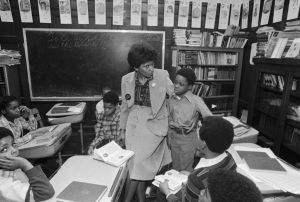
Source: Bettmann / Getty
Fanny Jackson Coppin: Born a slave, Coppin became a pioneering educator toward the end of the Civil War. A graduate of Oberlin College, she opened a night school for freed slaves and later served as the principal of the Institute for Colored Youth in Philadelphia.
Edmund Gordon: Served as an architect of the federal Head Start program and was its founding director of research and evaluation. A psychologist by training, Gordon is a leading scholar on divergent learning styles and one of the first educators to focus on closing the academic achievement gap. He founded the Institute for Urban Education at Columbia University’s Teachers College in 1973, where he served as dean.
William Leo Hansberry: Considered the “father of classical African studies,” Hansberry taught the first courses in African civilization at Howard University in the 1920s. In the 1950s, he did field research in Africa and created the foundation for African Studies.
Charles H. Houston: A Dean of Howard University Law School in the 1930s, Houston argued cases at the U.S. Supreme Court that created a legal foundation for the historic Brown v. Board decision, which outlawed racial segregation in public schools. He’s also credited with shaping the institution that trained about 25 percent of the nation’s Black lawyers during that era.
Kelly Miller: A leading advocate of comprehensive education for African-American children, Miller earned a Ph.D. in Mathematics and taught at Howard University in the 1890s. He eventually became dean of the College of Arts and Sciences and modernized the university’s classic curriculum. He also attended Johns Hopkins University’s graduate school in 1887.
Frederick Douglass Patterson: Established the United Negro College Fund, which has enabled scores of students to attend HBCUs. He was also president emeritus of the Tuskegee University.
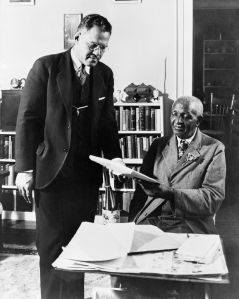
Source: Bettmann / Getty/ Frederick Patterson (L), George Washington Carver (R)
Mary Jane Patterson: The child of fugitive slaves, Patterson was the first African-American woman to receive a college degree when she graduated from Oberlin College in 1862. She later taught at the Institute for Colored Youths and became the principal of the Preparatory High School for Negroes.
Inez Beverly Prosser: The first African-American woman to earn a doctorate in psychology, her dissertation documented the psychological harm from racism to Black children learning in integrated schools. She later taught at Black colleges and assisted students to obtain funding to enroll in college and graduate school.
SOURCE: Temple University, Chicago Tribune, Oberlin College, Yale University, Howard University, Johns Hopkins University, New York Times, American Psychological Association
SEE ALSO:
